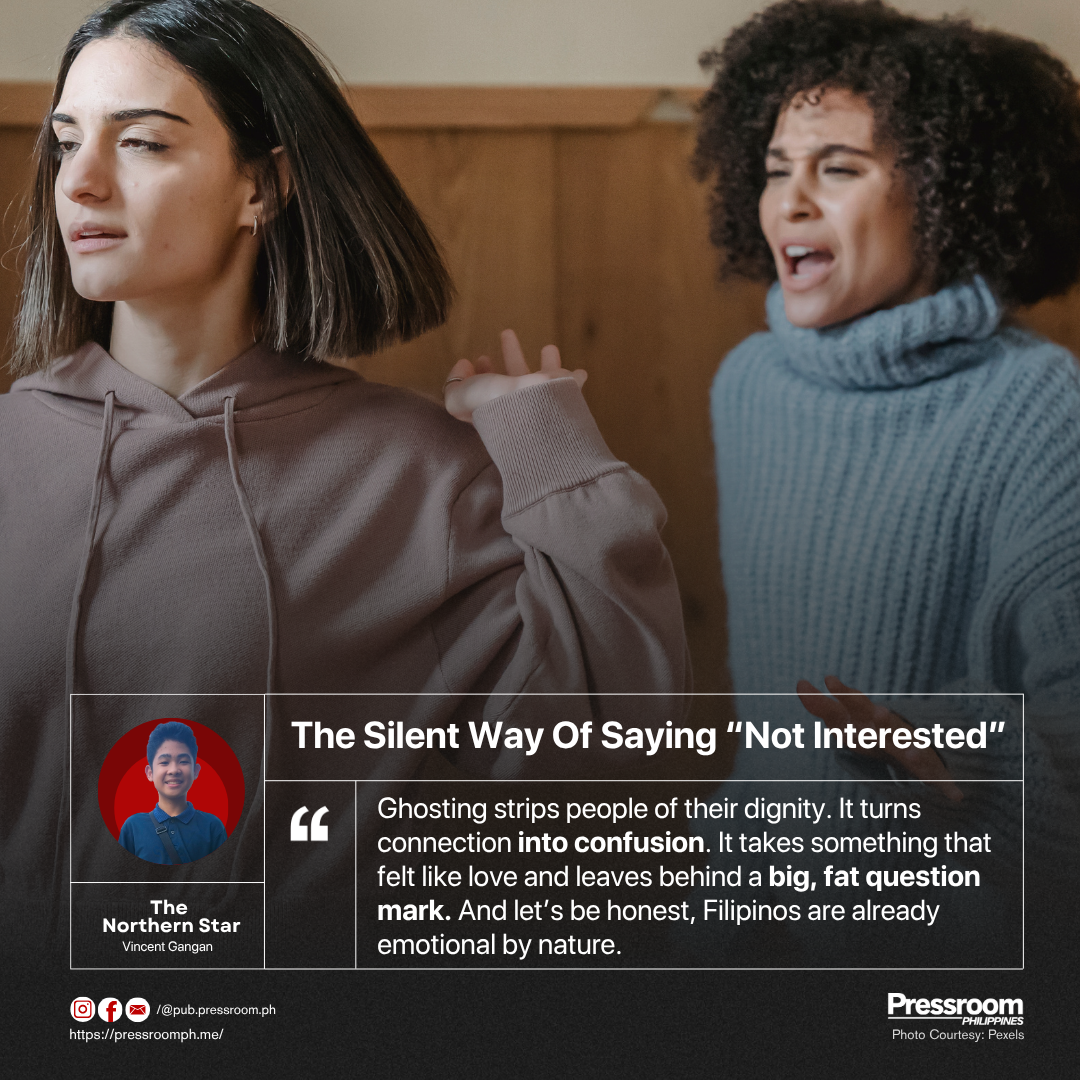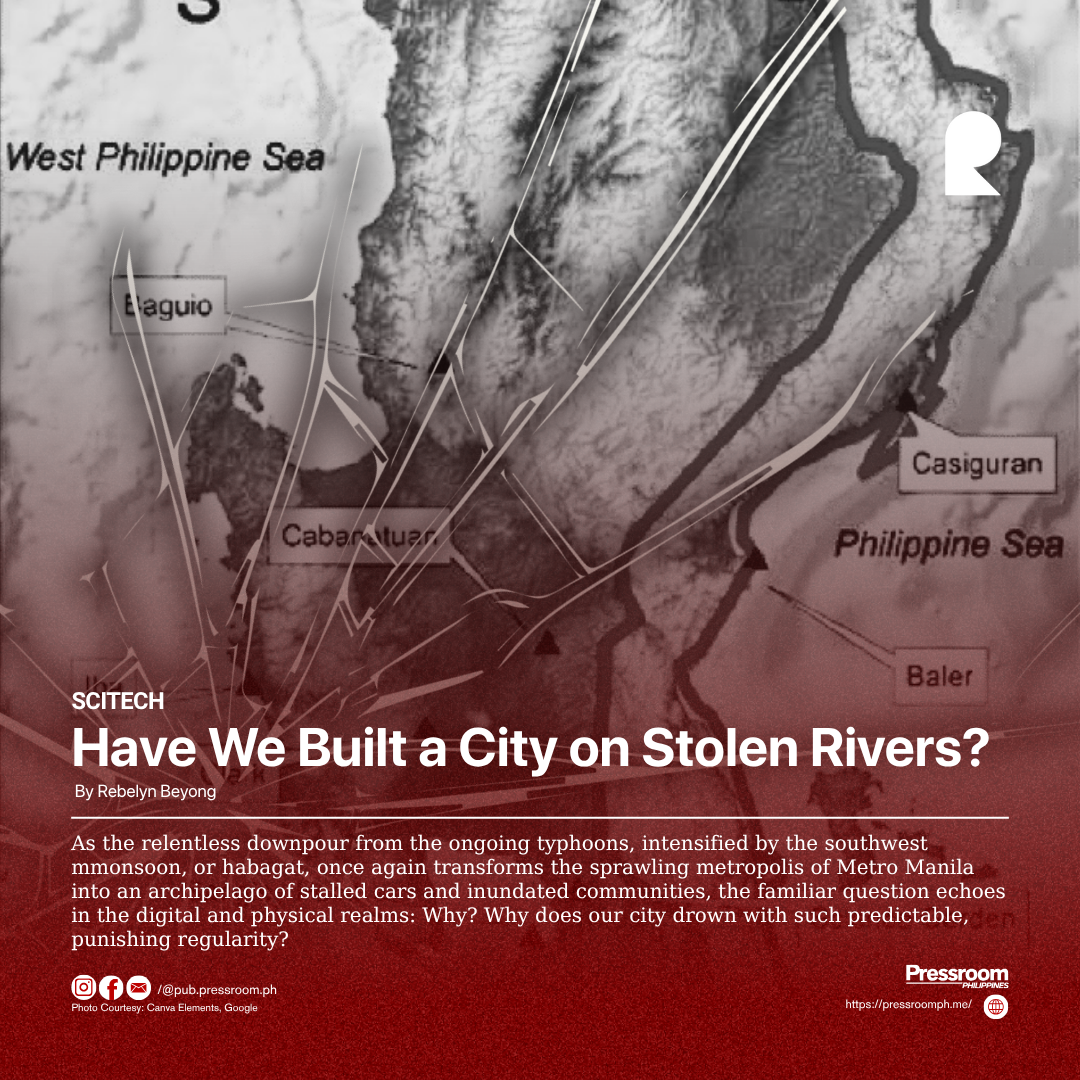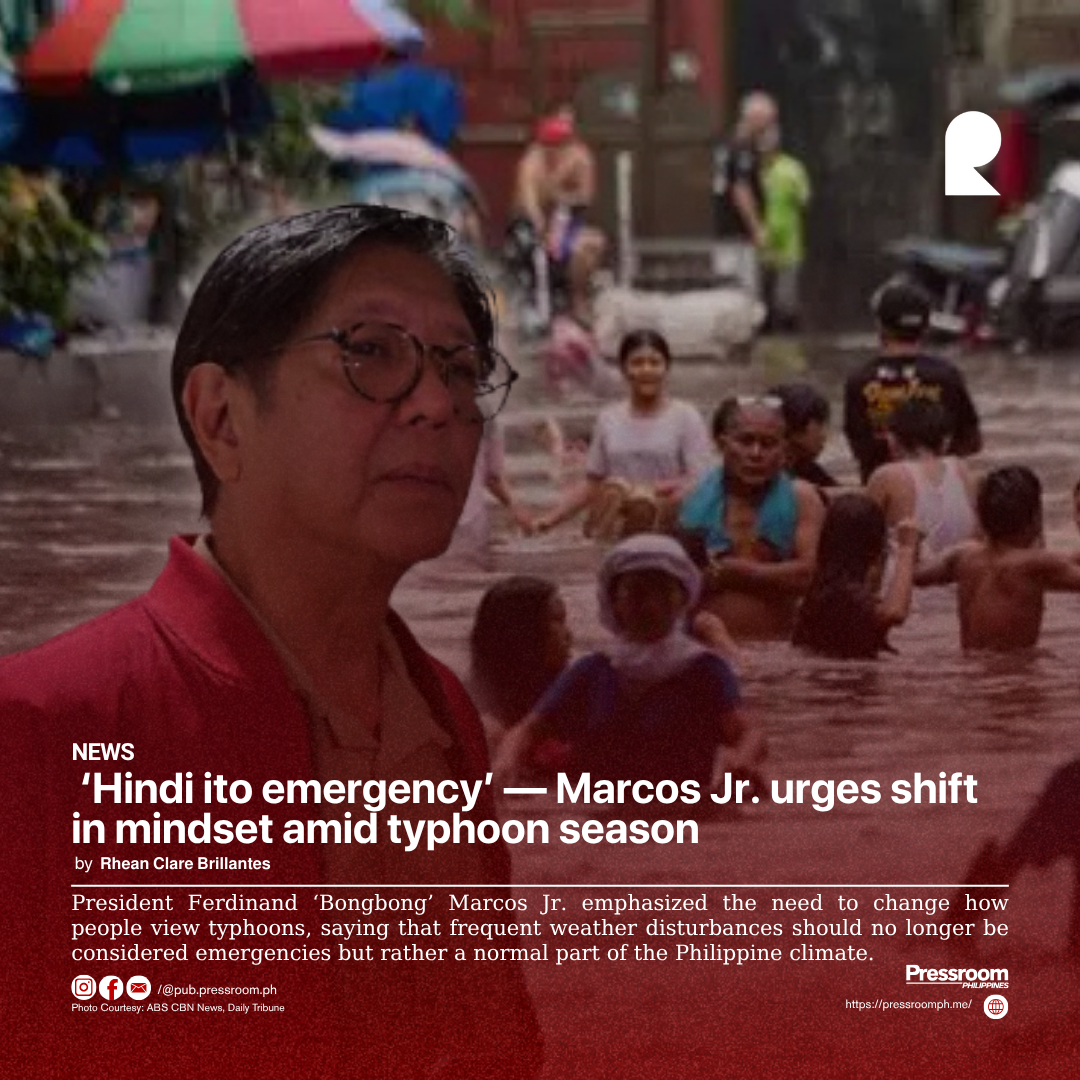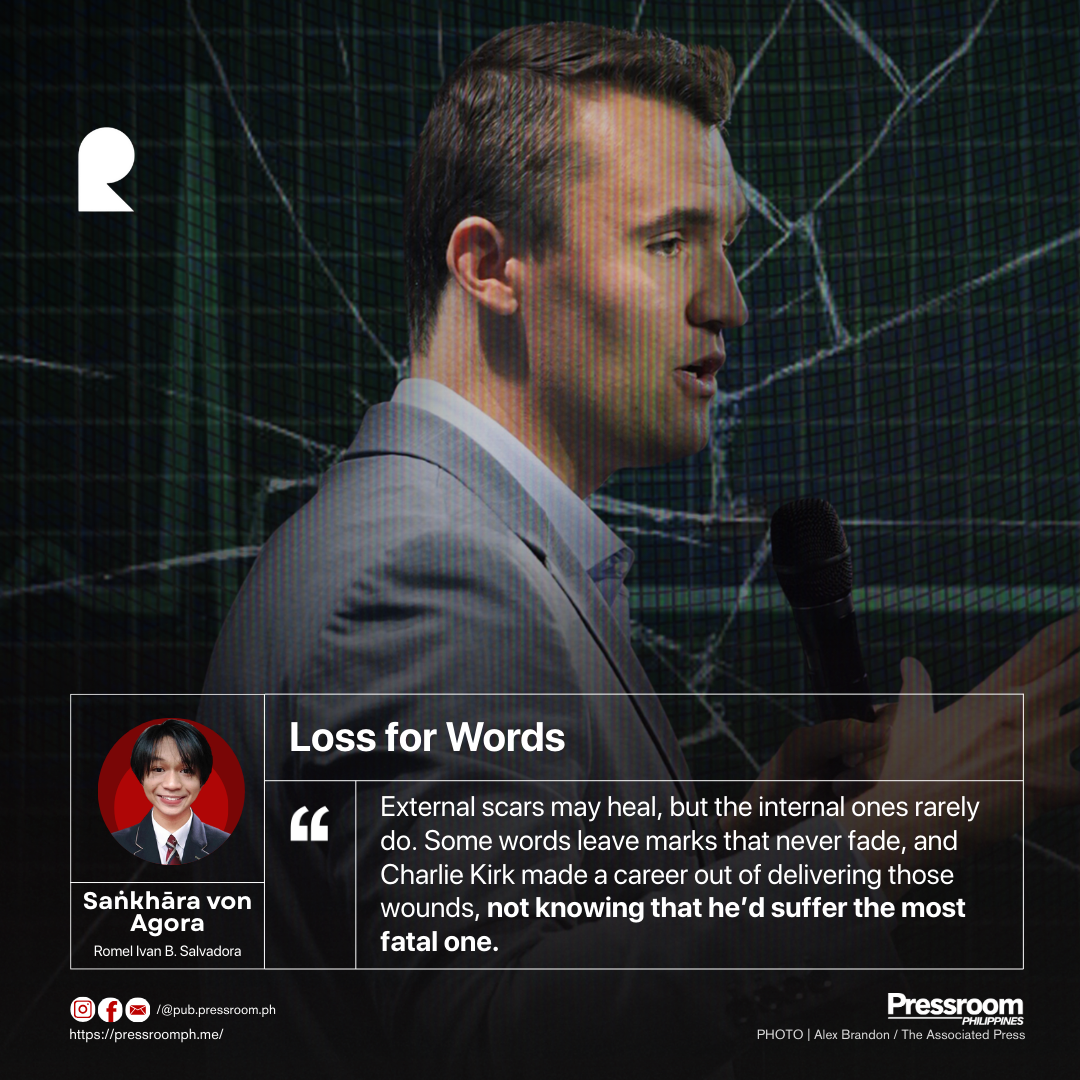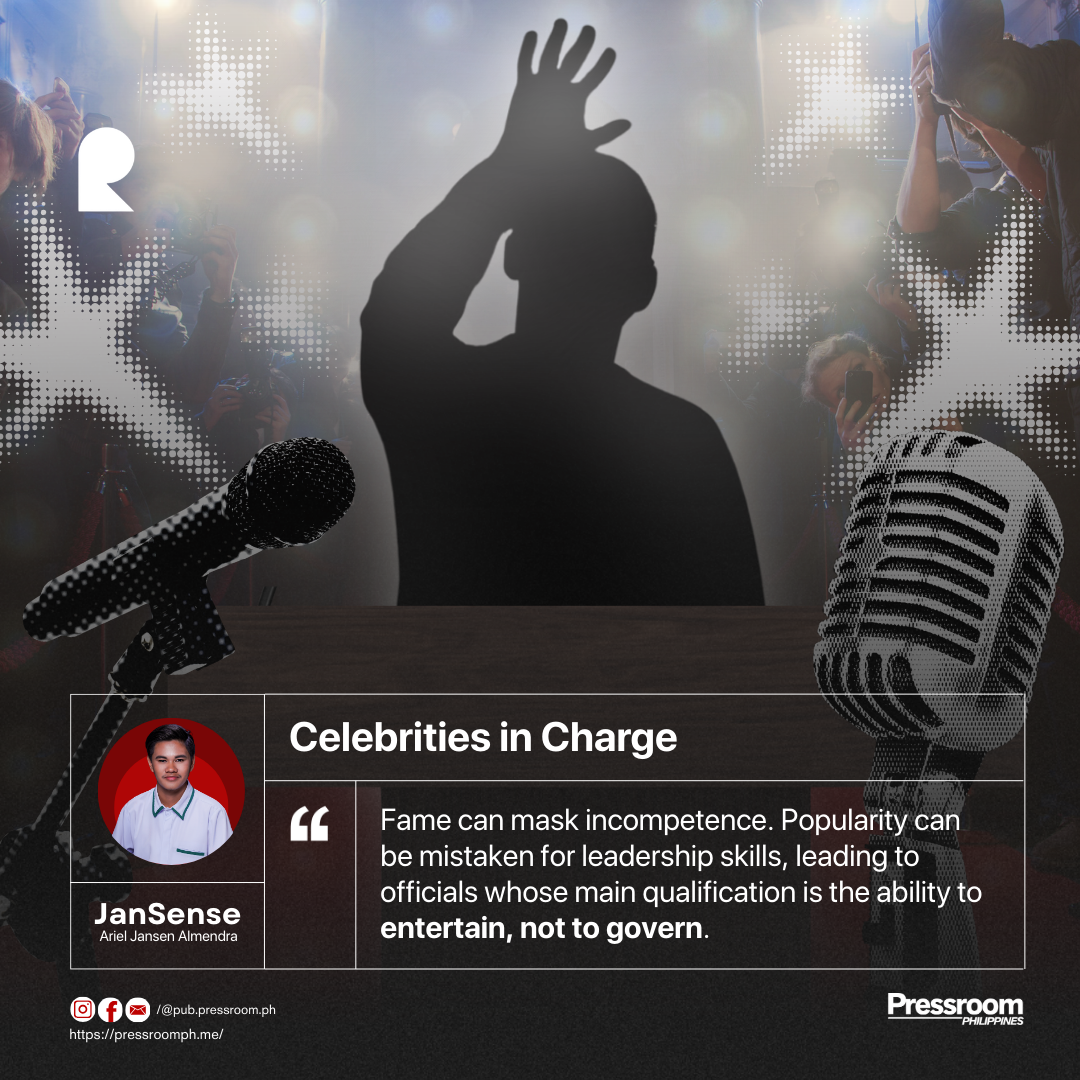“Sent 20 hours ago.” “Seen 20 hours ago.” It is undoubtedly infuriating when your message gets seen but never receives a reply, and it is even more infuriating when that message is urgent. But getting left on seen for hours by the person you love does not cause annoyance, but sadness, overthinking, and the birth of never-ending “what ifs.”
The “ghosting culture”—the silent, painful, and new way of saying “I'm not interested” to another person. It is a phenomenon that has become so common in Filipino relationships that people now shrug it off as just another “ay, naglaho na lang siya bigla.” But let’s not pretend that this doesn’t hurt. Because behind that one tick on Messenger is someone still waiting. Behind that “seen” is someone refreshing the chat box, hoping, praying for a reply that will never come.
Ghosting has become our generation’s cowardly escape plan. We choose silence over discomfort. Disappearing acts over honest conversations. But what we fail to recognize is that silence screams, and it echoes louder than the harshest rejection. In our fear of confrontation, we leave people drowning in their own thoughts, unsure whether they did something wrong, or if they were ever enough in the first place.
That’s the most heartbreaking part. When someone walks away without telling you why, you're left to write the ending of the story by yourself. You create scenarios. You overanalyze every moment. You scroll through your past conversations just to find a hint of where things went wrong. And then you begin blaming yourself, because no one else gave you the closure you deserved.
Ghosting strips people of their dignity. It turns connection into confusion. It takes something that felt like love and leaves behind a big, fat question mark. And let’s be honest, Filipinos are already emotional by nature. We love hard, give our all, and most of the time, we overstay even when we are no longer welcome. And ghosting? It feeds off that. It takes advantage of people who believe in the magic of consistency and the power of presence.
We need to stop glorifying ghosting as a “soft exit.” It is not soft. It is brutal. It is emotional abandonment masked as “self-preservation.” And while protecting one’s peace is valid, it does not justify destroying someone else’s in the process. There is always a way to leave kindly. There is always a space for honesty.
But the problem is, we’ve normalized avoidance. We teach people that it's okay to disappear when it gets inconvenient. We promote detachment like it's some form of healing. We tell our friends, “i-ghost mo na lang” instead of encouraging them to communicate. We laugh it off, but deep down, we know we’re breaking someone’s spirit.
Ghosting isn’t just about ignoring messages. It’s about disregarding someone’s humanity. It's pretending that they never mattered. It's watching someone reach out, cry in silence, and slowly learn how to stop expecting because you made them believe their voice doesn't deserve a response.
And if you’ve ever been ghosted, you know the pain isn’t just about losing someone. It’s about losing the version of yourself who once felt secure. It’s about carrying the weight of unanswered questions. It’s the ache of knowing that someone chose to vanish instead of validating your worth, even just for a single conversation.
In conclusion, this is not a love story. This is a warning: ghosting might be quiet, but its damage echoes in every overthinker’s mind. So the next time you feel like disappearing, remember this: rejection hurts, but confusion is torture. And if you truly cared, even for a moment, choose closure over silence. Because in a culture where love is loud and emotions are sacred, ghosting is not just rude—it’s cruel.
